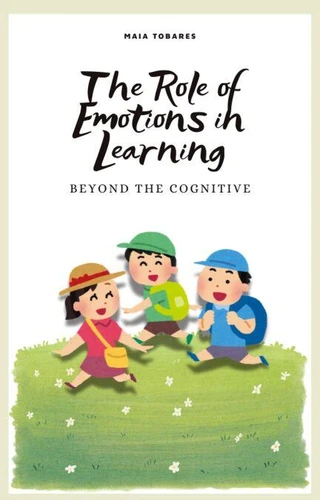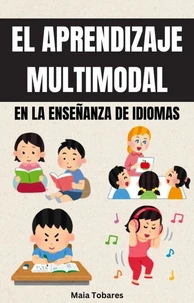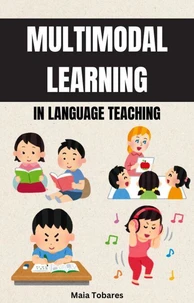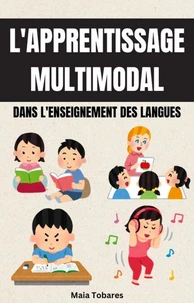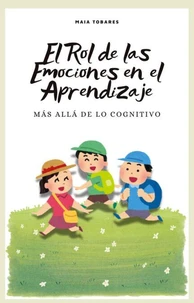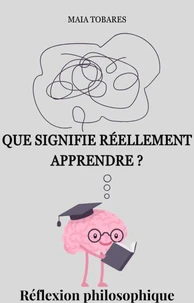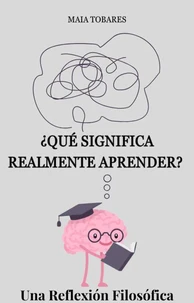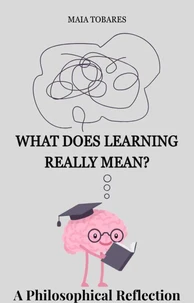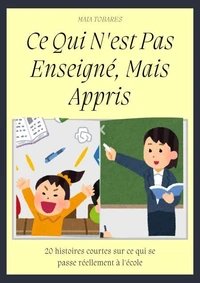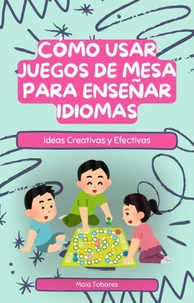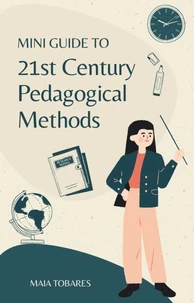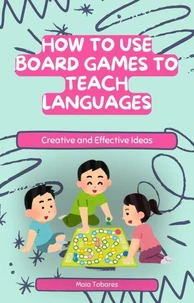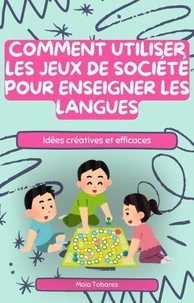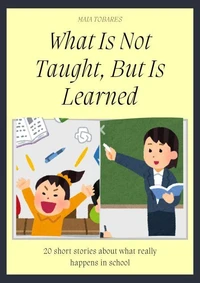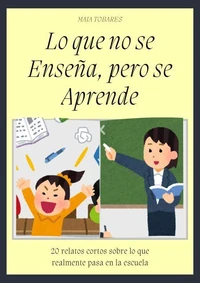The Role of Emotions in Learning: Beyond the Cognitive
Par :Formats :
Disponible dans votre compte client Decitre ou Furet du Nord dès validation de votre commande. Le format ePub est :
- Compatible avec une lecture sur My Vivlio (smartphone, tablette, ordinateur)
- Compatible avec une lecture sur liseuses Vivlio
- Pour les liseuses autres que Vivlio, vous devez utiliser le logiciel Adobe Digital Edition. Non compatible avec la lecture sur les liseuses Kindle, Remarkable et Sony
 , qui est-ce ?
, qui est-ce ?Notre partenaire de plateforme de lecture numérique où vous retrouverez l'ensemble de vos ebooks gratuitement
Pour en savoir plus sur nos ebooks, consultez notre aide en ligne ici
- FormatePub
- ISBN8232888916
- EAN9798232888916
- Date de parution05/09/2025
- Protection num.pas de protection
- Infos supplémentairesepub
- ÉditeurHamza elmir
Résumé
For decades, the educational world has been obsessed with the cognitive. With memory, with logic, with results. With the famous "academic performance, " as if students were robots in Excel mode. But reality-the one we experience in classrooms every day-speaks otherwise:You cannot learn without emotionAnd no, it's not a motivational mug quote. It's science, experience, and common sense. Think about it this way: How many times do you remember what you learned because you experienced it with enthusiasm, with passion, with that inner spark that made you say, "How interesting this is!"? And, conversely, how many times did you get stuck because of the fear of making mistakes, because of test anxiety, or because you felt like no one cared about your process? Exactly.
Emotions not only accompany learning:they go through it completely. This book was born from an urgent need:Recovering the emotional aspect in education without fear of appearing "soft, " "not rigorous, " or "too idealistic."Because education isn't just about transmitting knowledge, but also about building connections, sustaining processes, listening, regulating tensions, and celebrating achievements-no matter how small.
Emotions not only accompany learning:they go through it completely. This book was born from an urgent need:Recovering the emotional aspect in education without fear of appearing "soft, " "not rigorous, " or "too idealistic."Because education isn't just about transmitting knowledge, but also about building connections, sustaining processes, listening, regulating tensions, and celebrating achievements-no matter how small.
For decades, the educational world has been obsessed with the cognitive. With memory, with logic, with results. With the famous "academic performance, " as if students were robots in Excel mode. But reality-the one we experience in classrooms every day-speaks otherwise:You cannot learn without emotionAnd no, it's not a motivational mug quote. It's science, experience, and common sense. Think about it this way: How many times do you remember what you learned because you experienced it with enthusiasm, with passion, with that inner spark that made you say, "How interesting this is!"? And, conversely, how many times did you get stuck because of the fear of making mistakes, because of test anxiety, or because you felt like no one cared about your process? Exactly.
Emotions not only accompany learning:they go through it completely. This book was born from an urgent need:Recovering the emotional aspect in education without fear of appearing "soft, " "not rigorous, " or "too idealistic."Because education isn't just about transmitting knowledge, but also about building connections, sustaining processes, listening, regulating tensions, and celebrating achievements-no matter how small.
Emotions not only accompany learning:they go through it completely. This book was born from an urgent need:Recovering the emotional aspect in education without fear of appearing "soft, " "not rigorous, " or "too idealistic."Because education isn't just about transmitting knowledge, but also about building connections, sustaining processes, listening, regulating tensions, and celebrating achievements-no matter how small.

